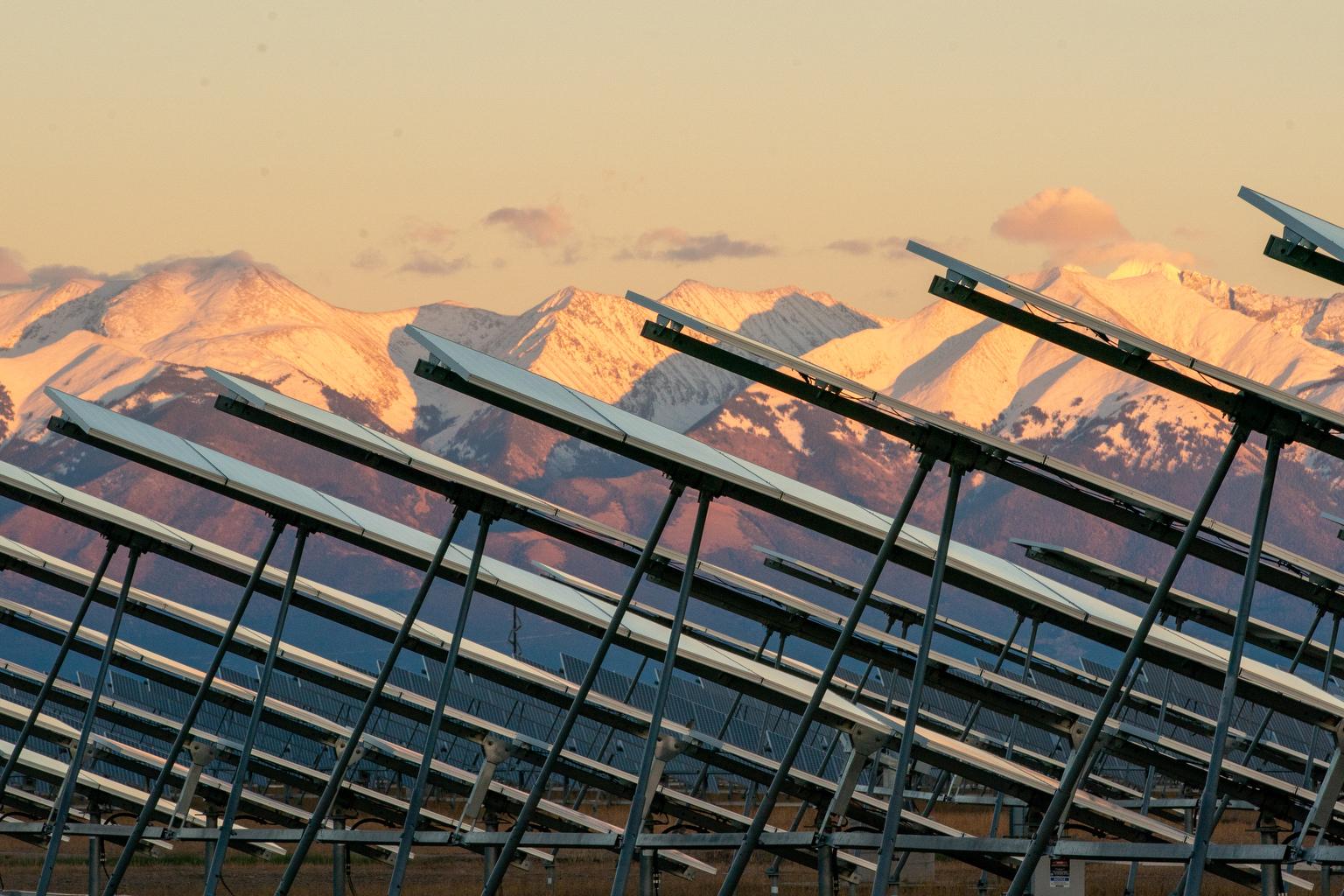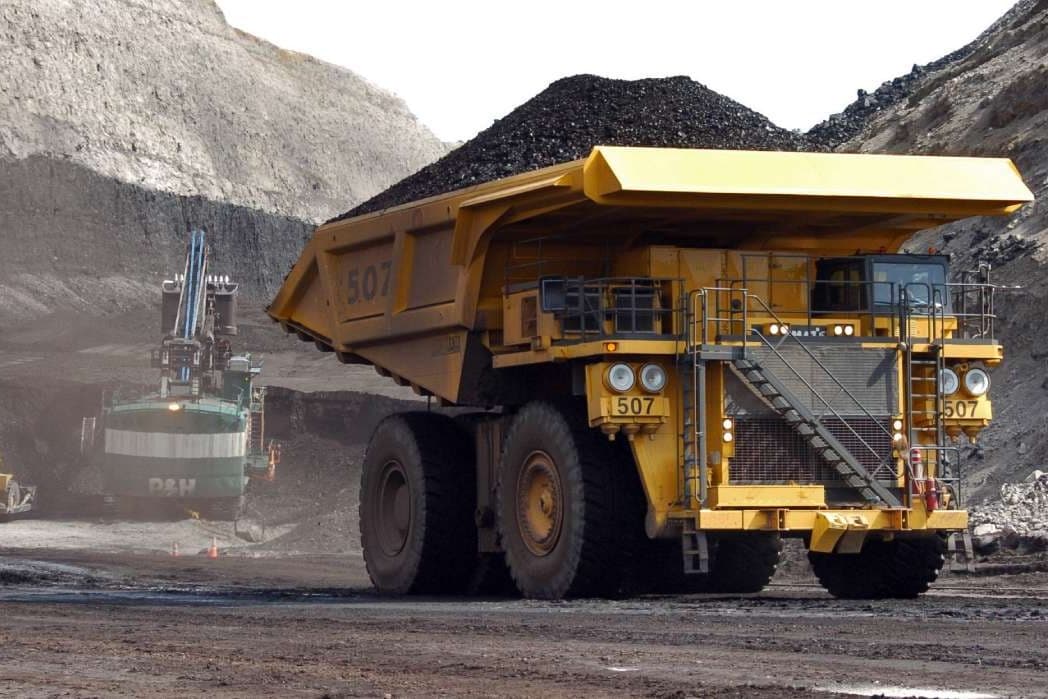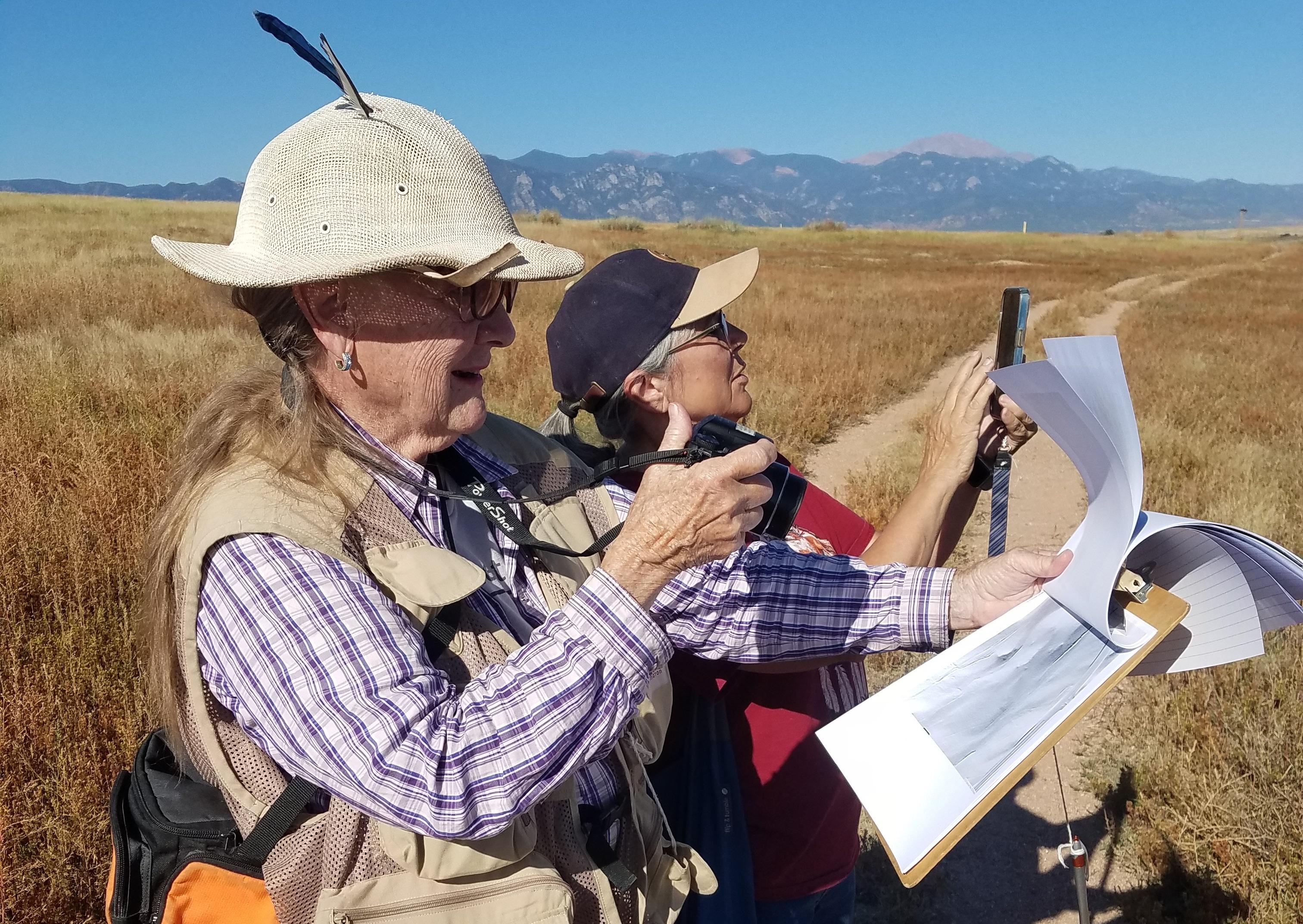
Since his first run for governor, Gov. Jared Polis has pledged to put Colorado on a path to rely on 100 percent clean electricity by 2040 — a decade sooner than currently required under state law.
His administration is now pushing to introduce a bill to enshrine the campaign promise into statute a year before he leaves office. The proposal, however, is running into stiff opposition from utilities, business groups, labor unions and local governments, who claim it’s impossible to hit the deadline without increasing energy costs for Colorado households.
A draft version of the bill reviewed by CPR News would give Xcel and Black Hills Energy — Colorado’s investor-owned utilities — 15 years to eliminate all greenhouse gas emissions associated with electricity production. Those companies could only ask for an extension if regulators agree that hitting the deadline would raise consumer electricity rates by more than 1.5% a year.
The debate comes four weeks before lawmakers wrap up the current legislative session. To introduce a bill this late, backers will need special permission from Democratic leaders in either the House or Senate.
In a letter sent last week, a coalition of labor unions, local governments and business groups urged legislative leaders not to introduce the bill so late in the current session. The opponents argued that utilities could meet the accelerated deadline but warned, “We have to build out the framework thoughtfully and with intention, to ensure that the energy transition doesn’t needlessly result in soaring energy costs.”
Sarah Blackhurst, president of Action 22, a regional association of 22 counties in southwestern Colorado, said the change would be “catastrophic” for the state and accused the governor’s office of reneging on a deal made last year not to avoid major changes to fossil fuel production in the state.
Blackhurst said utilities and communities have already scrambled to take interim steps toward the 2050 deadline. If Gov. Polis always wanted to advance the timeline, she questioned why his administration waited until late March to try to put it before lawmakers.
“There's no room for discussion. There's no room for stakeholdering. And this would be, as I said before, devastating to the state,” Blackhurst said.
Environmental groups, however, argue that the proposal isn’t deaf to the risk of rising energy bills. It’s a way to encourage utilities to accelerate their switch to renewables without overburdening ratepayers.
“The concept that I have seen is much more flexible and much more protective of consumers than the way I have seen some people talk about it,” said Matt Gerhart, a senior attorney with the Sierra Club.
In an emailed statement, Shelby Weiman, a spokesperson for the governor’s office, said Colorado is already on track to achieve 85 percent emissions reduction from the power sector by 2030. The administration sees the draft bill as an opportunity to advance Colorado’s climate goals while ensuring that electricity remains cheap and reliable.
“This is just the beginning of the conversation, and we look forward to conversations around how Colorado can continue leading the nation on reliability, cost savings on electricity and climate action,” Wieman said.
Colorado’s state House leadership did not respond in time to a request from CPR News asking if they intend to approve the late-bills status for the proposal. Senate leaders said they have not received a late bill request.
If approved, the legislation would mark a major update to Colorado’s climate action plan, which Gov. Polis initially signed into law in 2019. It’s since been updated through subsequent legislation.
Those targets now require Colorado to cut emissions 26 percent by 2025, 50 percent by 2030, 90 percent by 2040 and 100 percent by 2050. Each of those goals is measured against the state’s emission levels in 2005. They’re also economy-wide targets, leaving the state to develop more specific policies to cut emissions within different industries.
Separate laws have required utilities to contribute towards those goals by submitting plans to stop generating electricity from fossil fuels in favor of renewable energy. Every coal-fired power plant in the state is now scheduled to shut down by 2031.
Due to those plans, an analysis published by the Colorado Energy Office found the state’s utilities are on track to cut their climate-warming emissions between 84 percent and 87 percent by 2030. It further concluded that the sector has multiple pathways to eliminate its climate impact by 2040.
One option examined deploying wind and solar power supported by natural gas. The scenario didn’t quite zero out emissions by 2040, but it carried the cheapest price tag. A slightly more expensive option predicted that Colorado could hit the target by backing up wind and solar with clean hydrogen and geothermal power plants.
In any event, Colorado’s power utilities are cutting carbon emissions faster than other parts of its economy. The state isn’t expected to meet its initial goal to cut emissions 26 percent below 2005 levels by this year.
The biggest holdup, according to state analysts, isn’t electricity generation but vehicle traffic.









